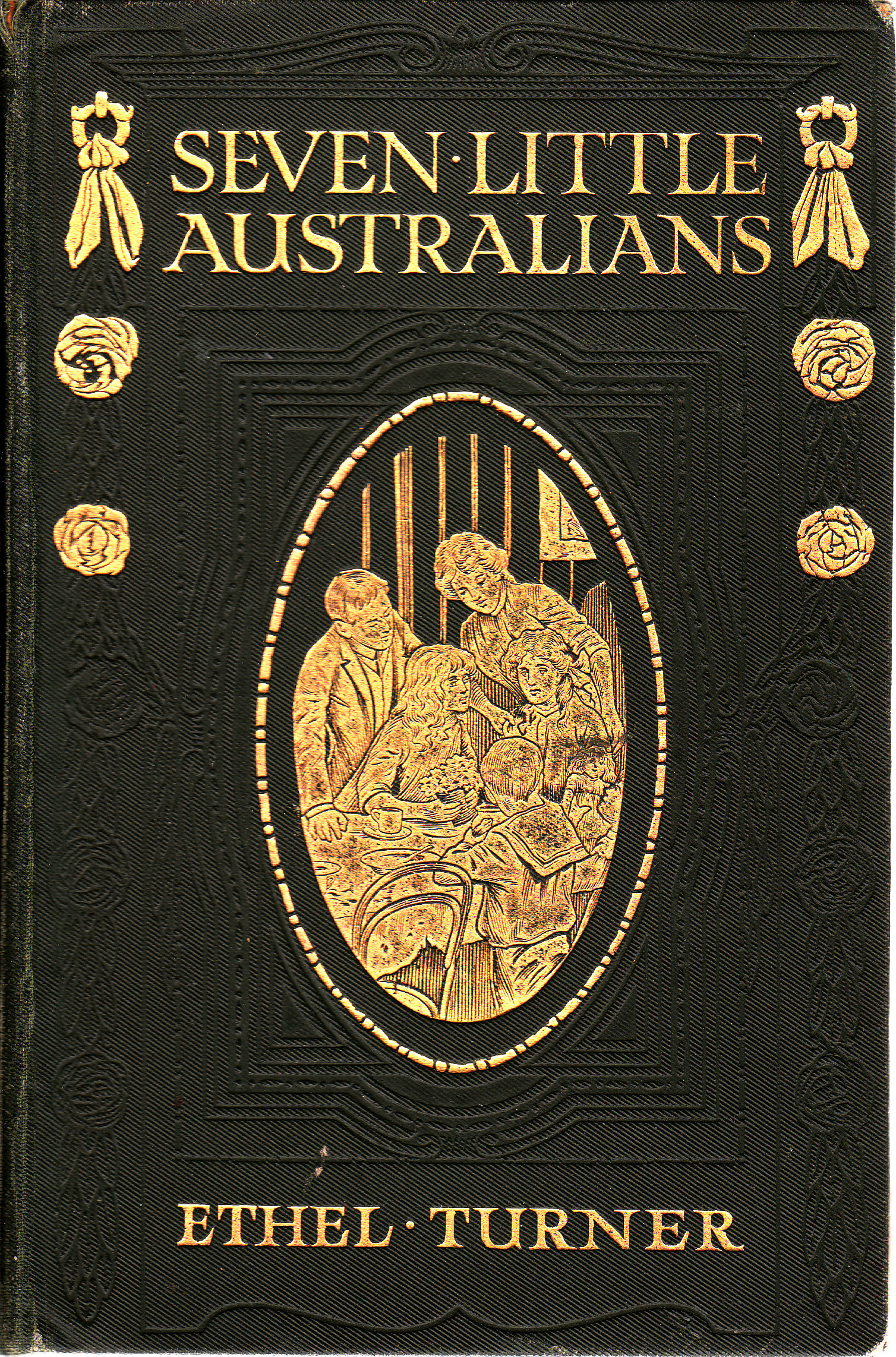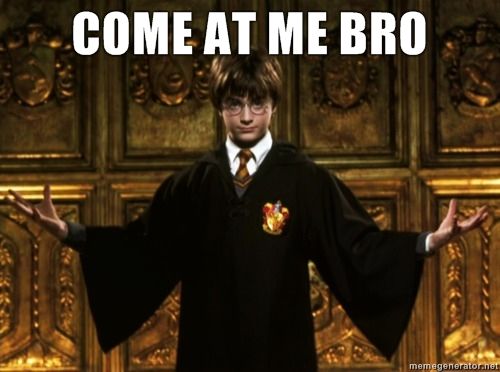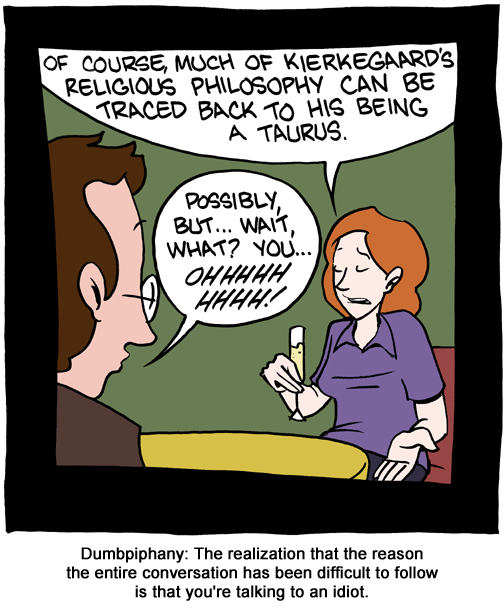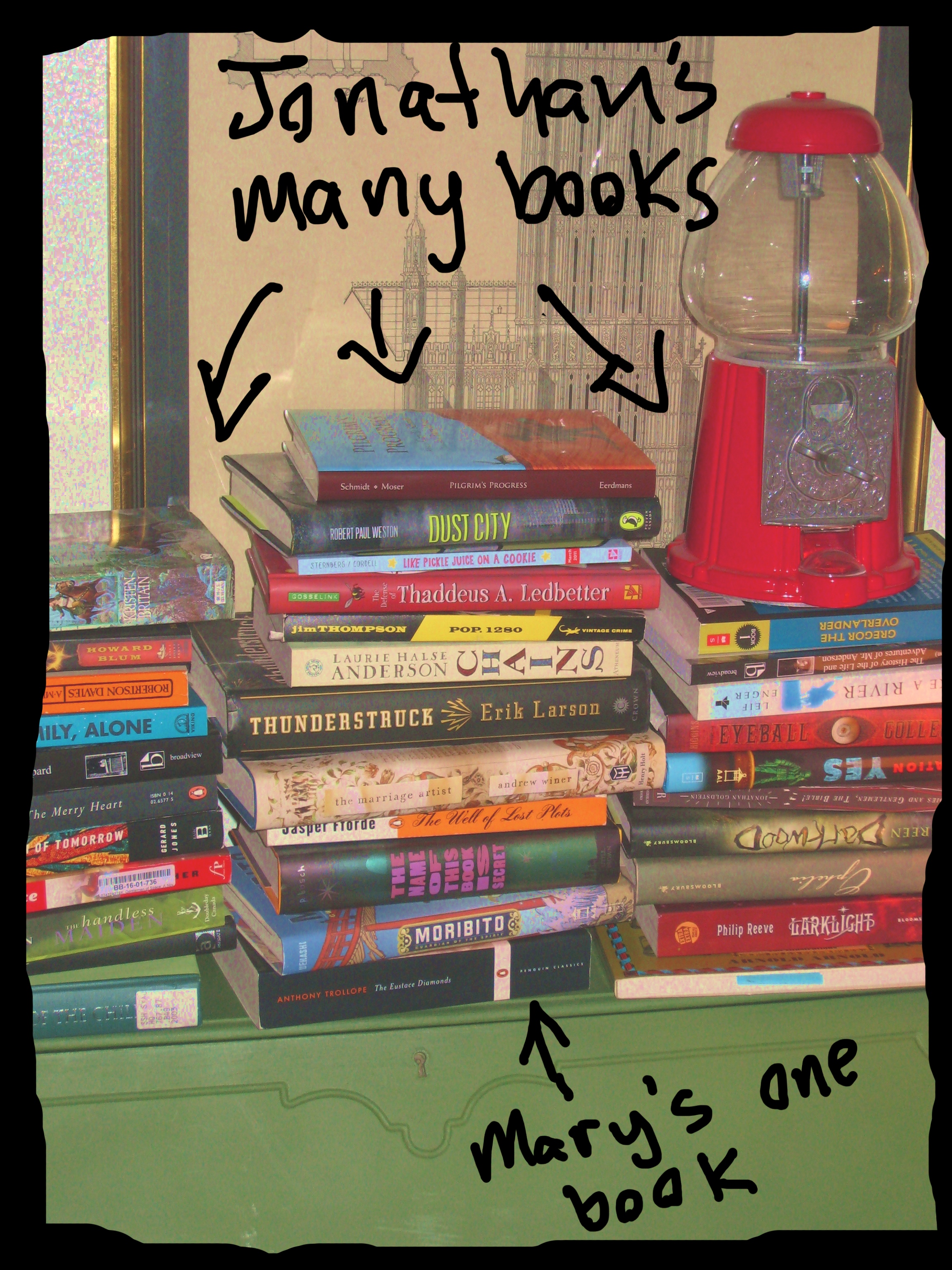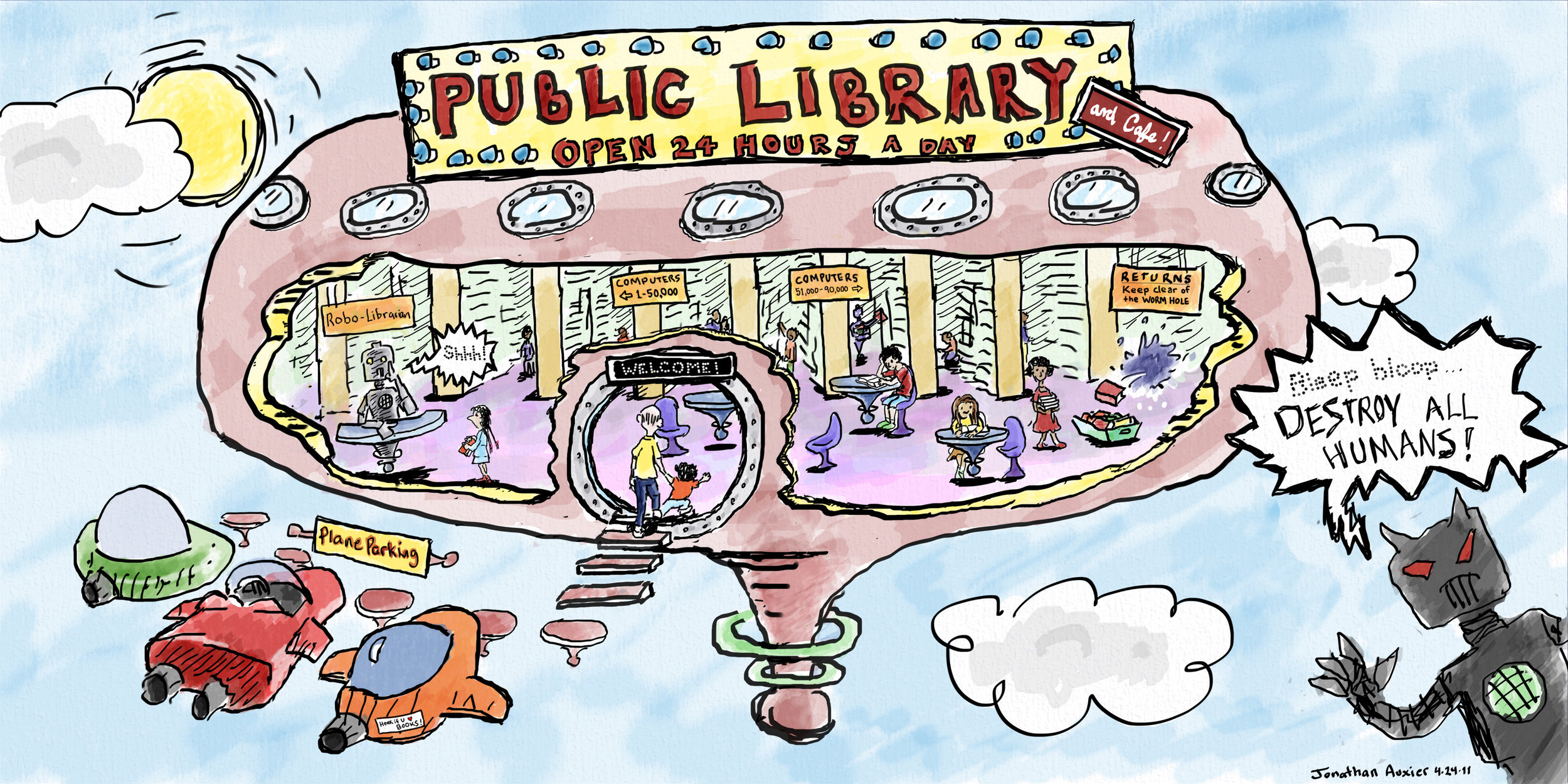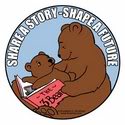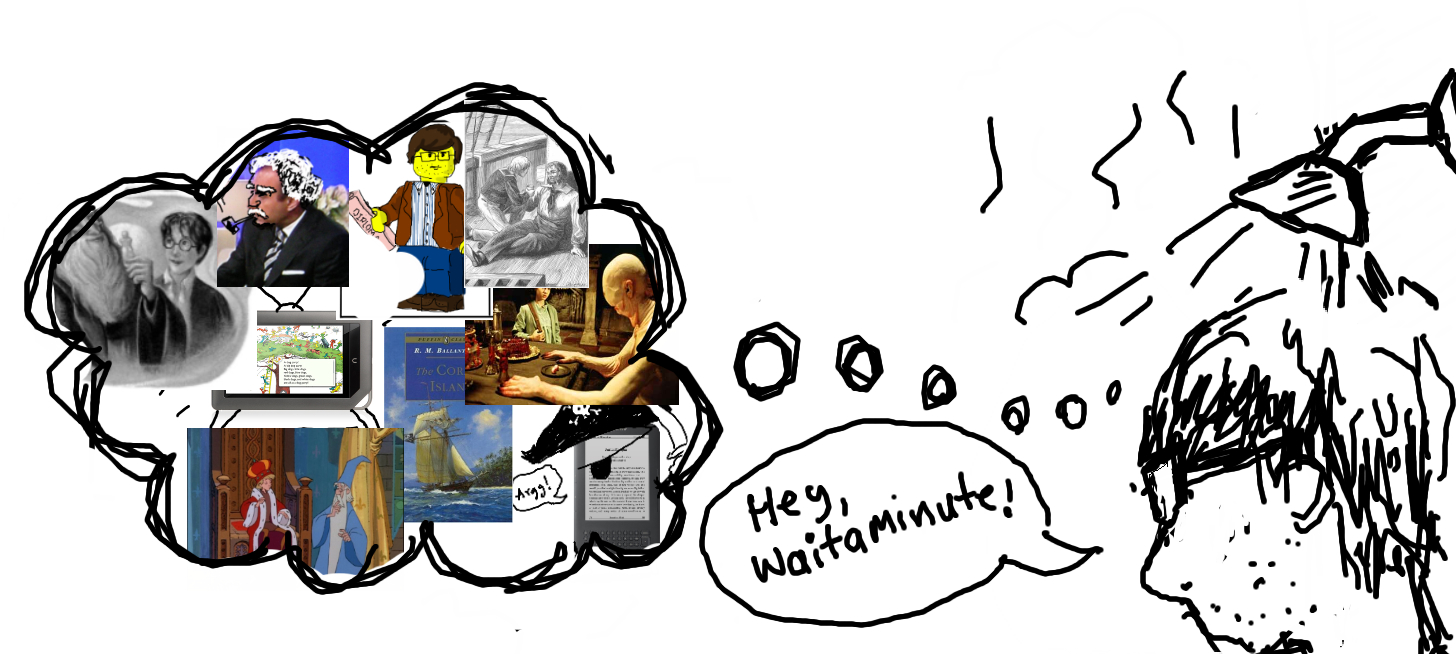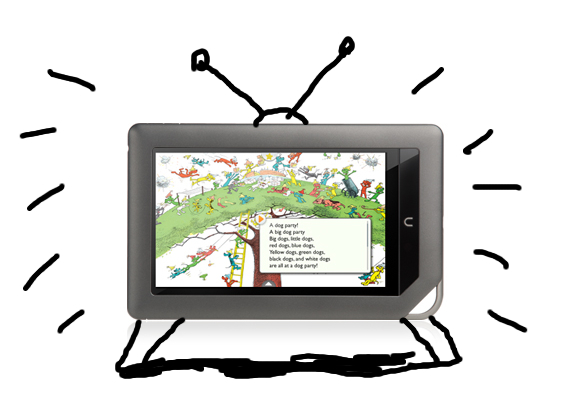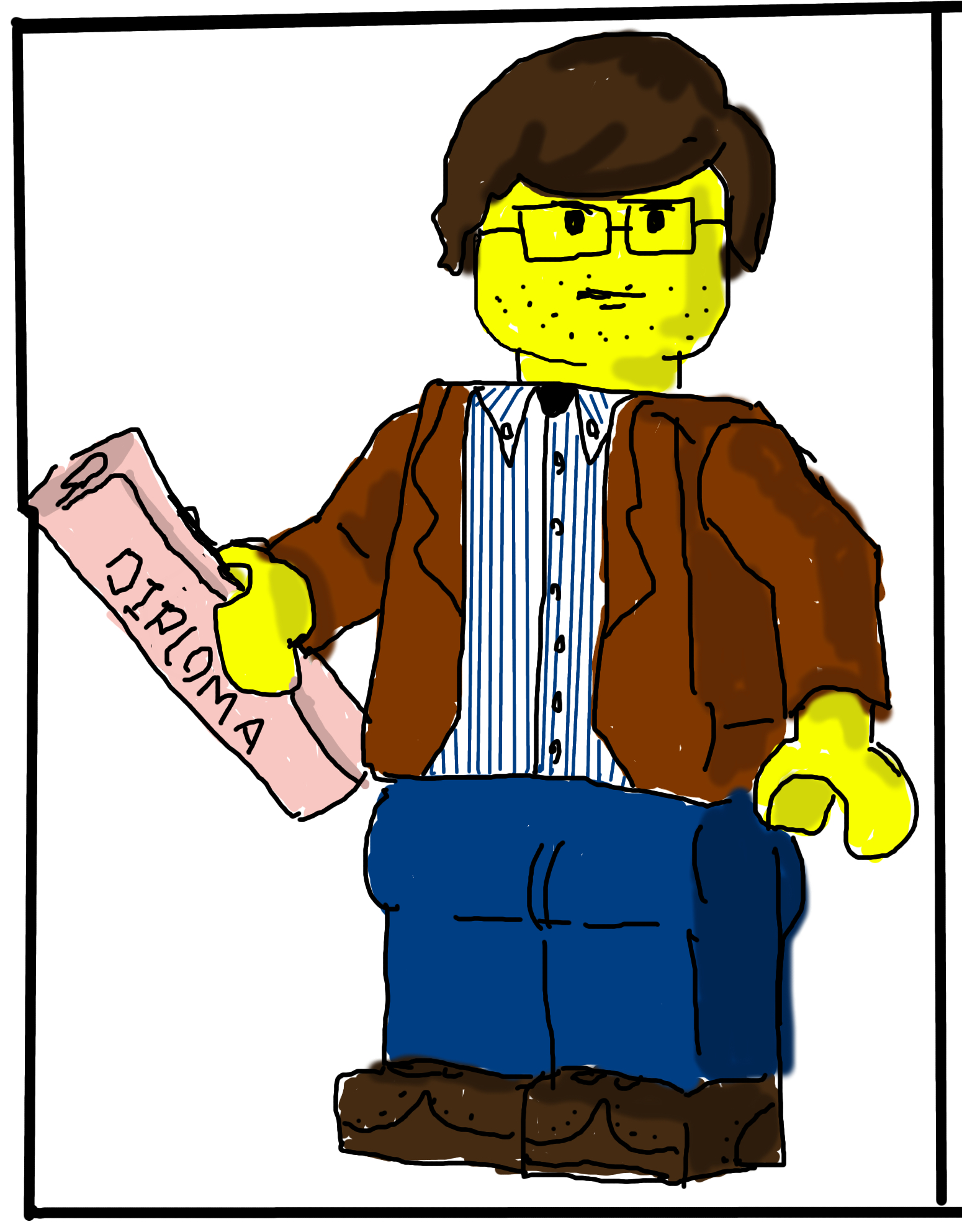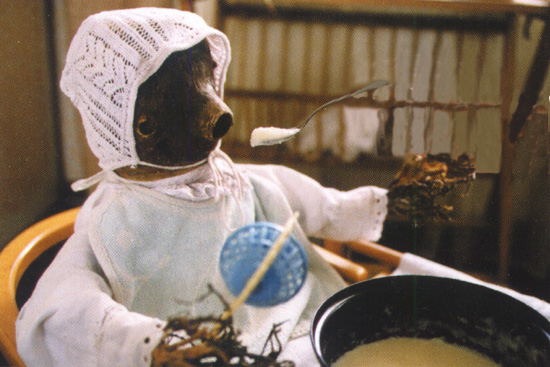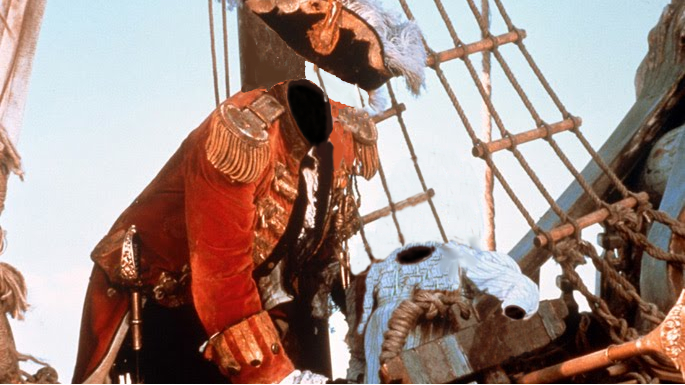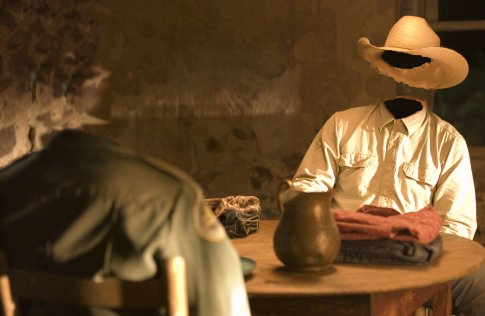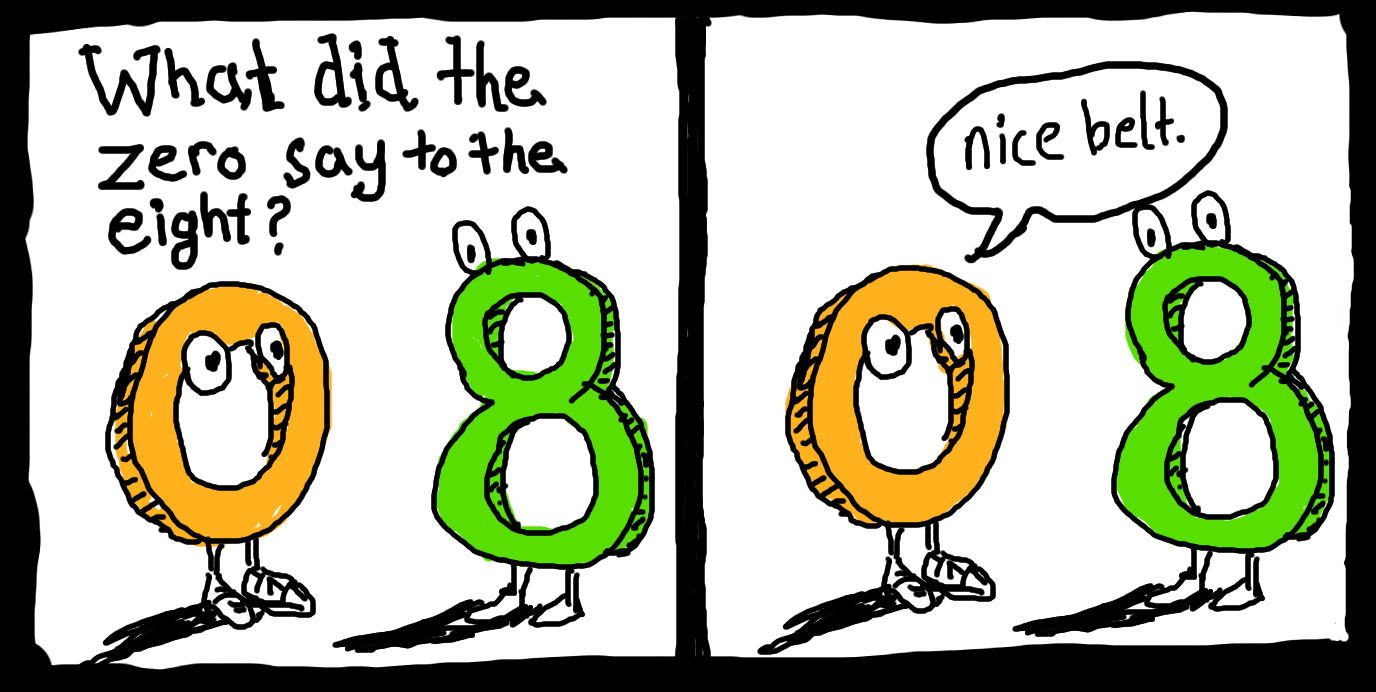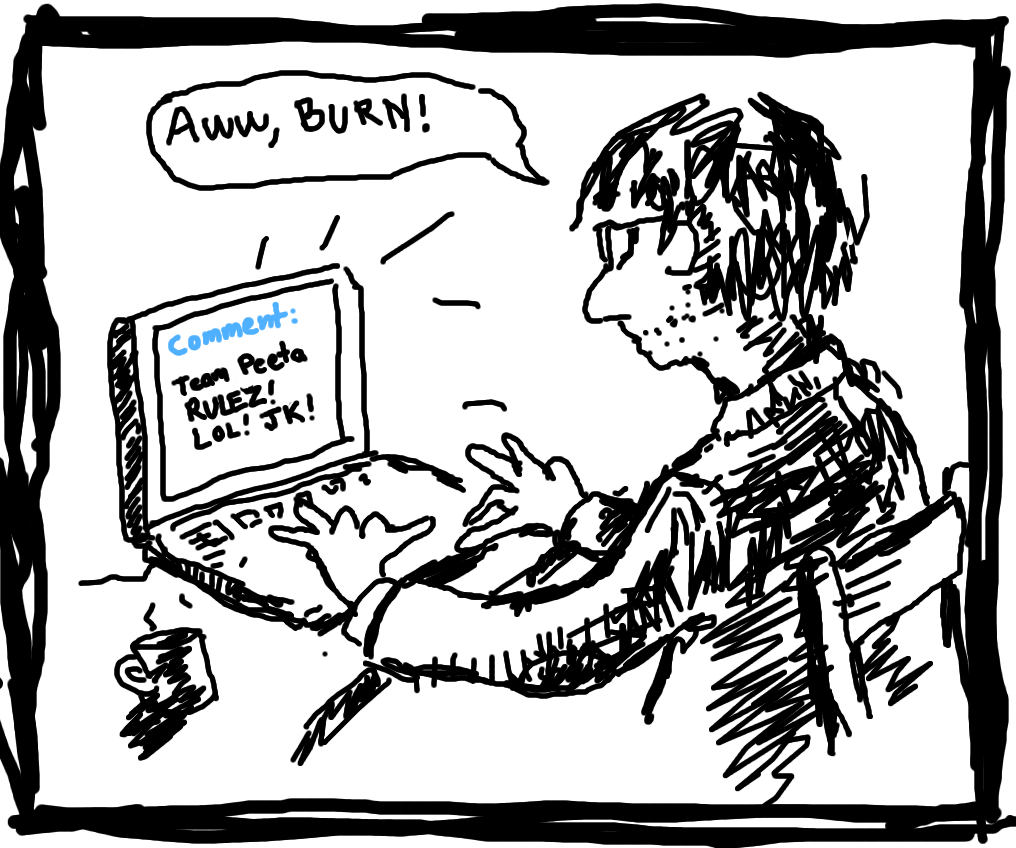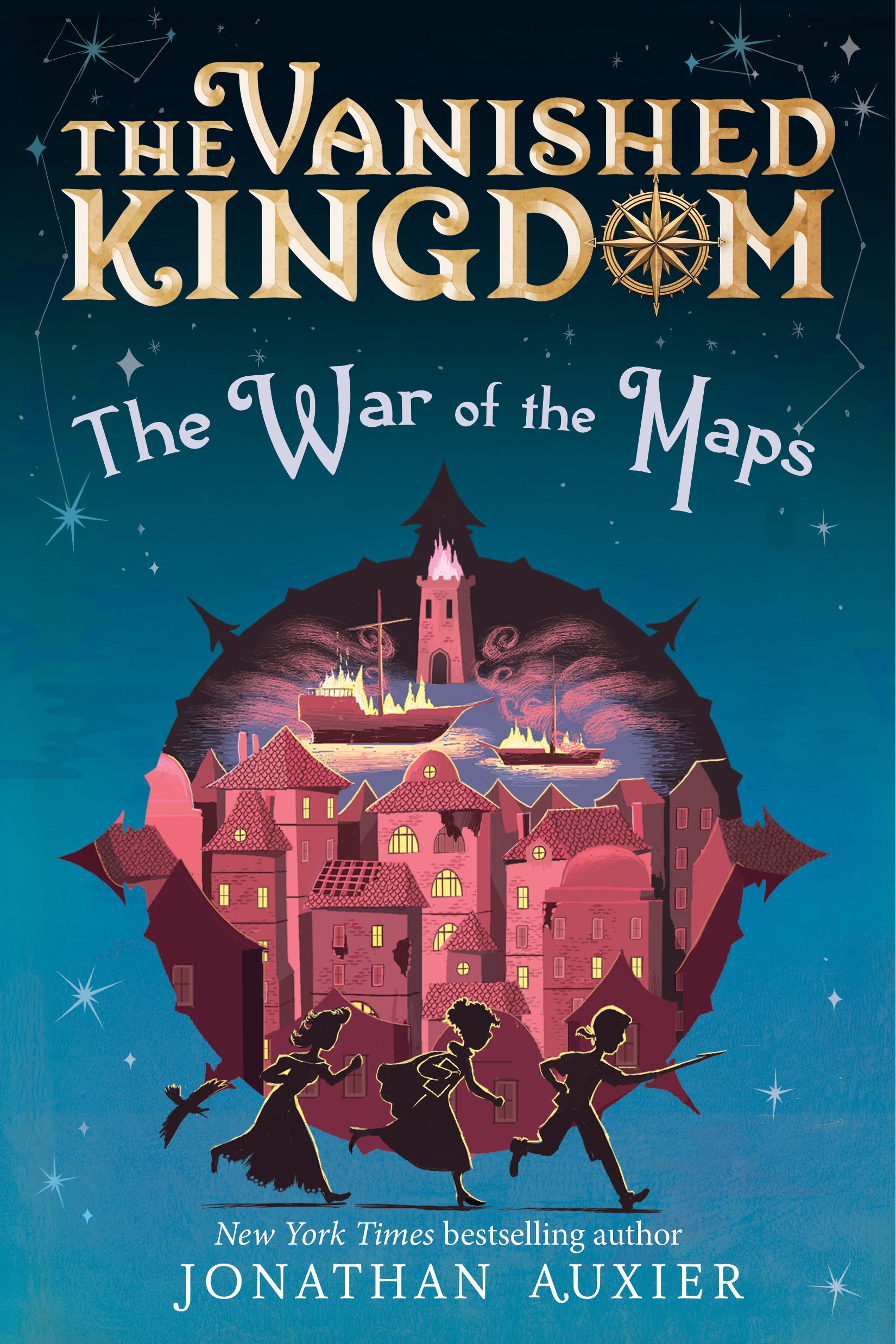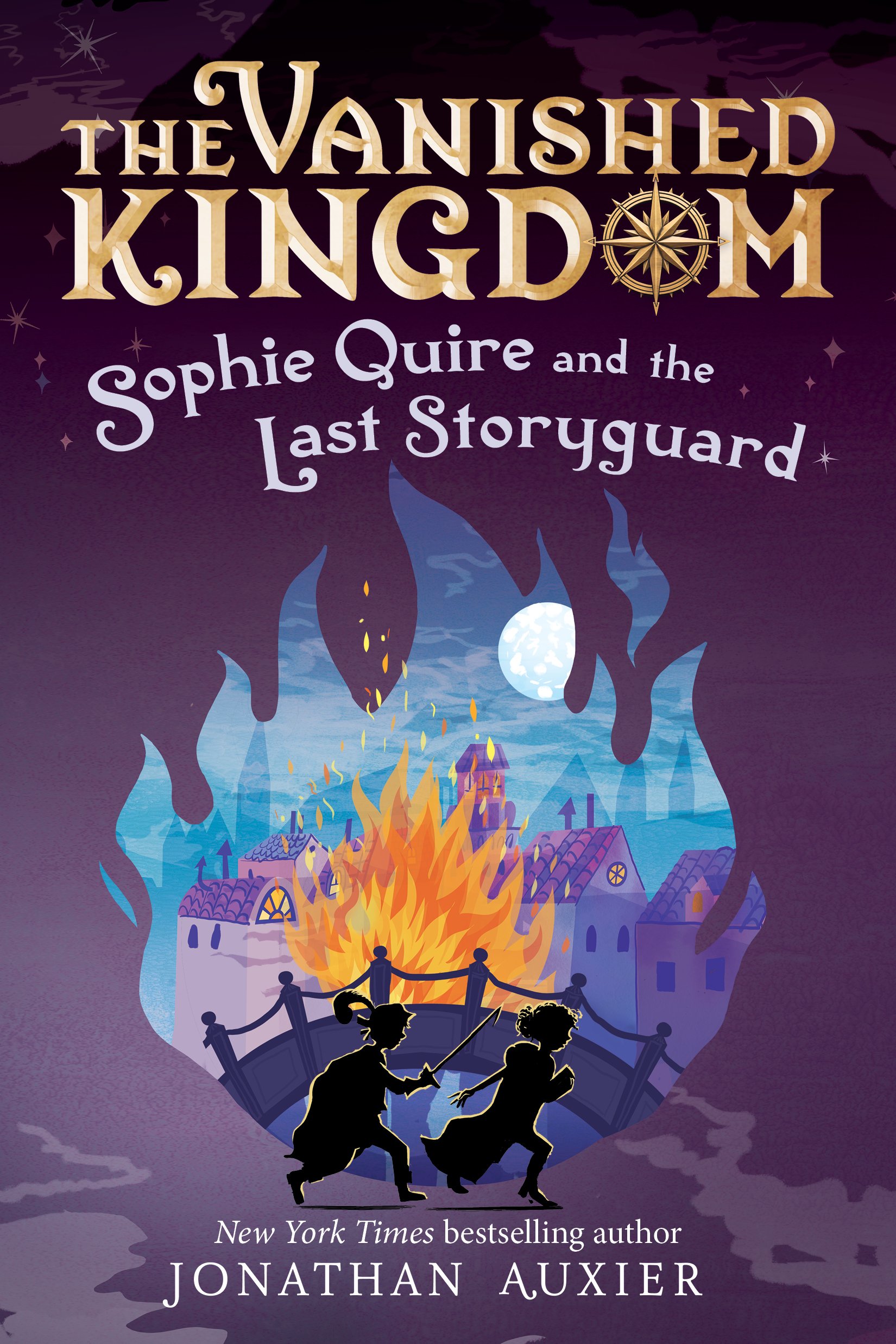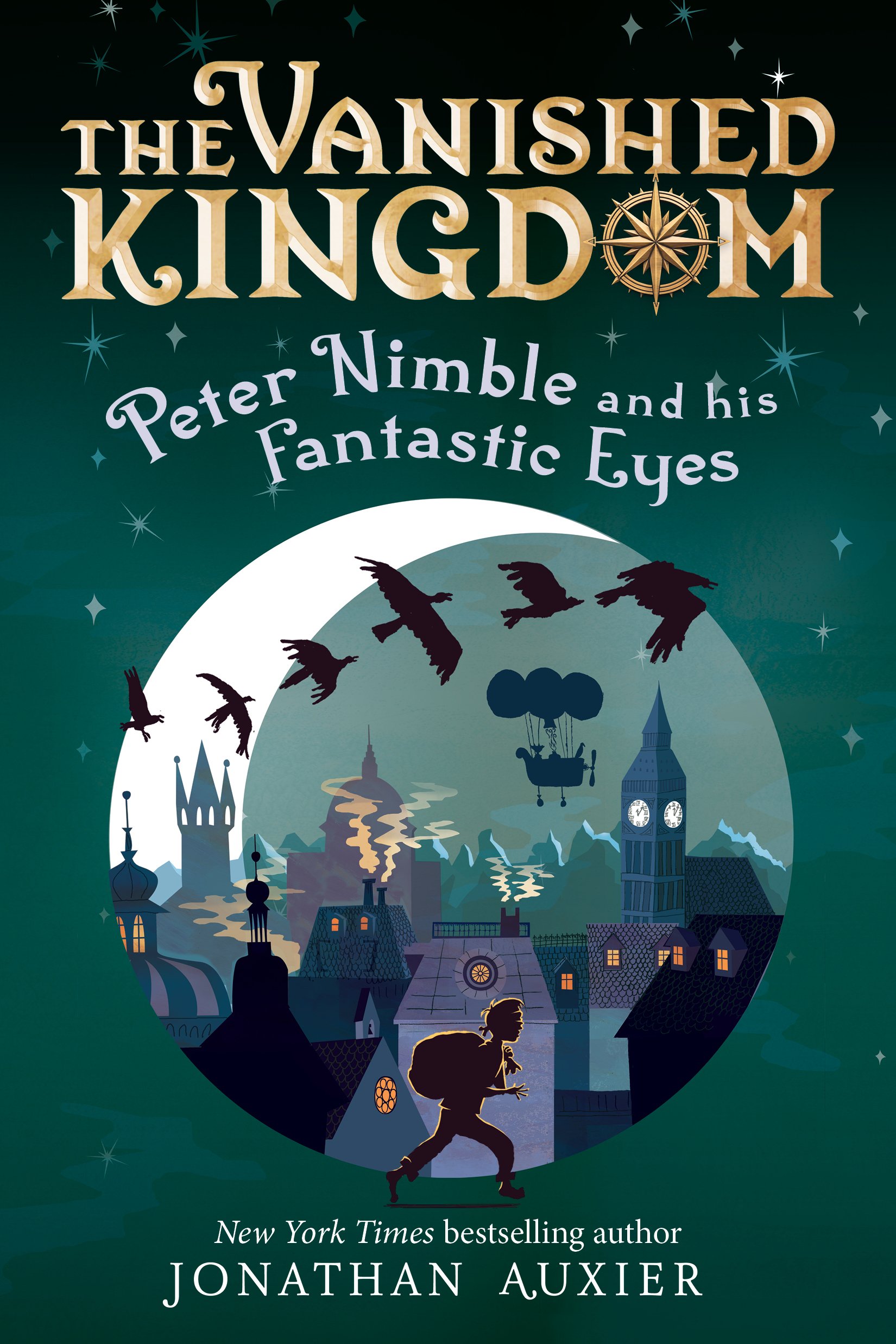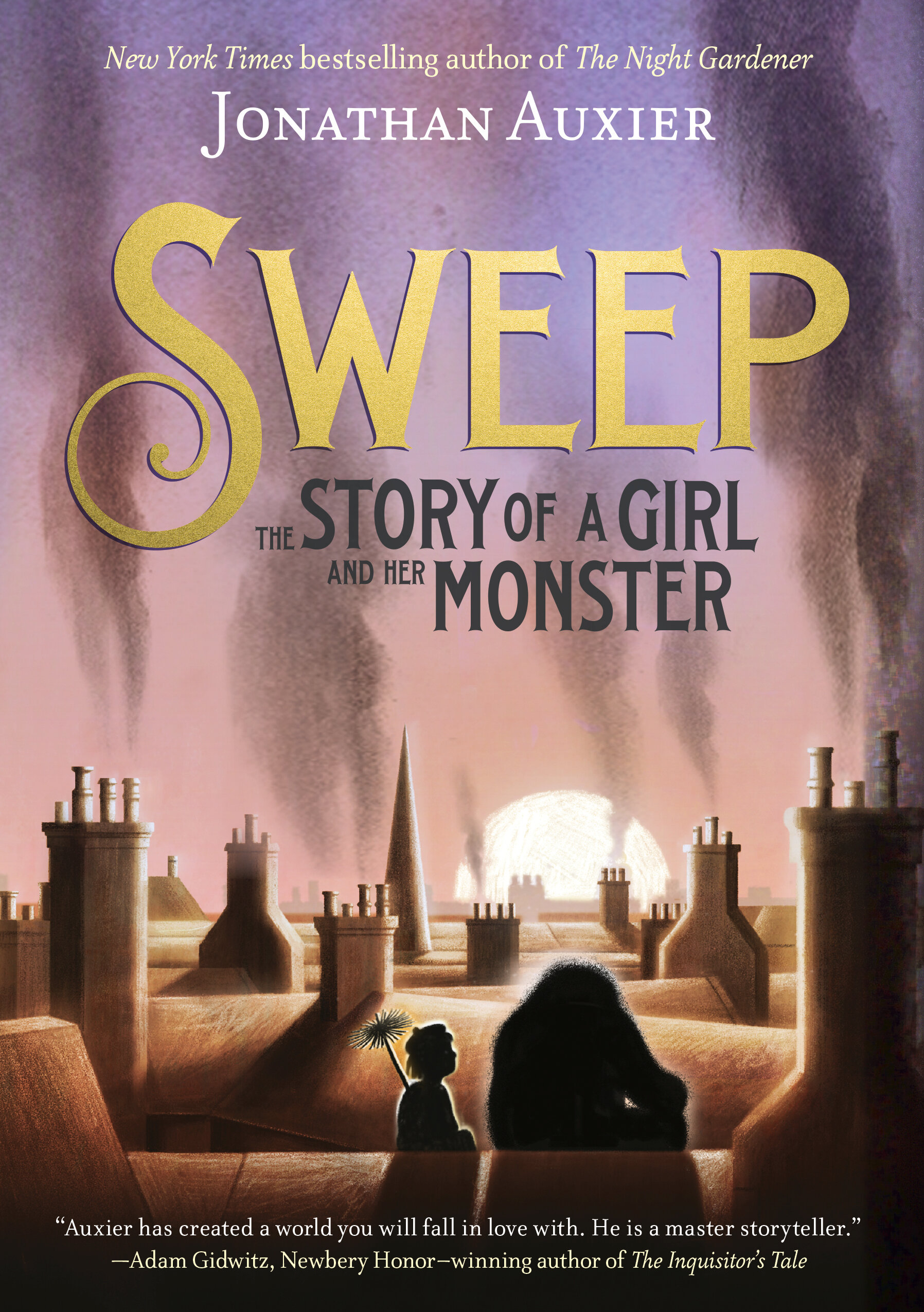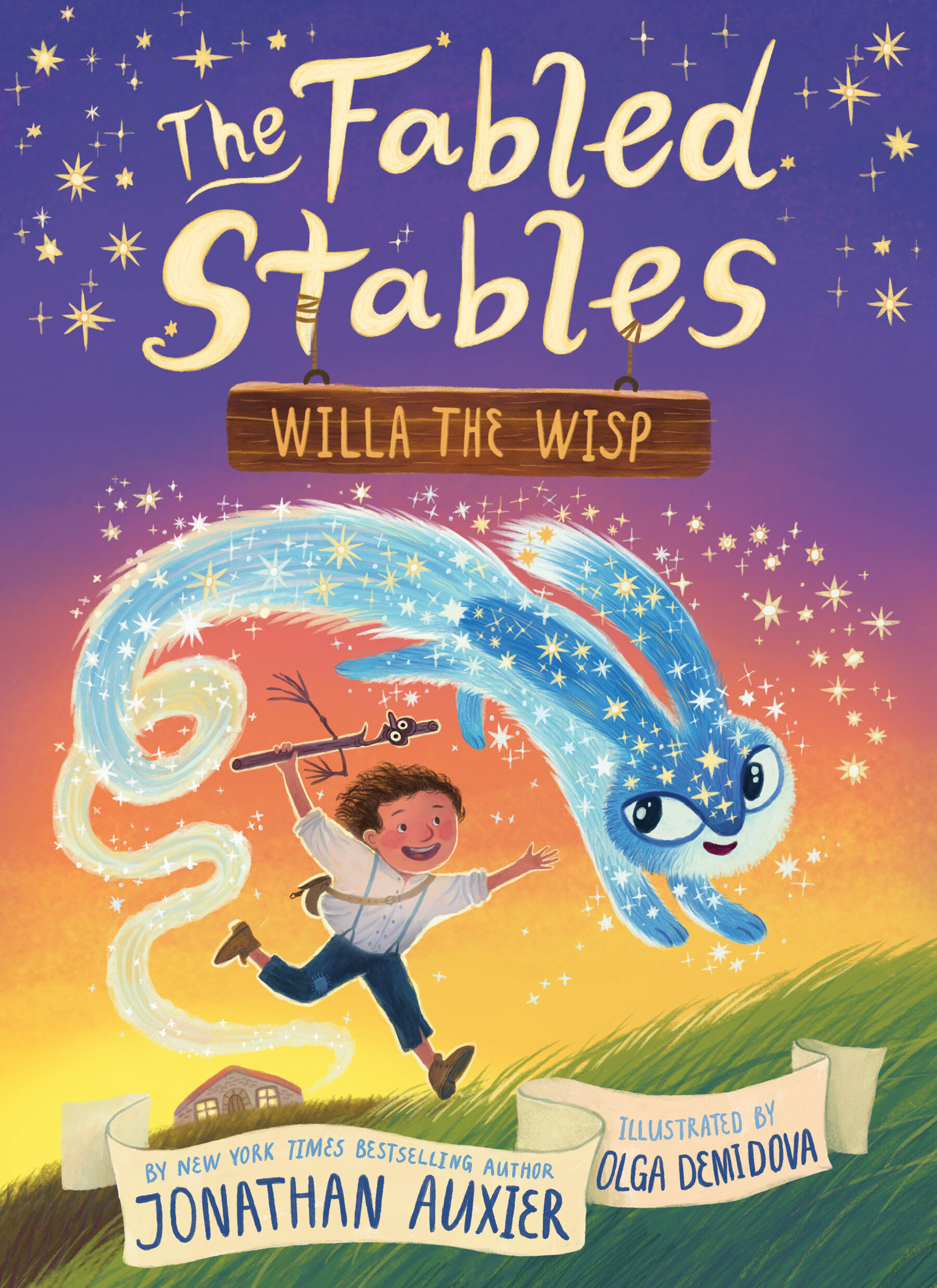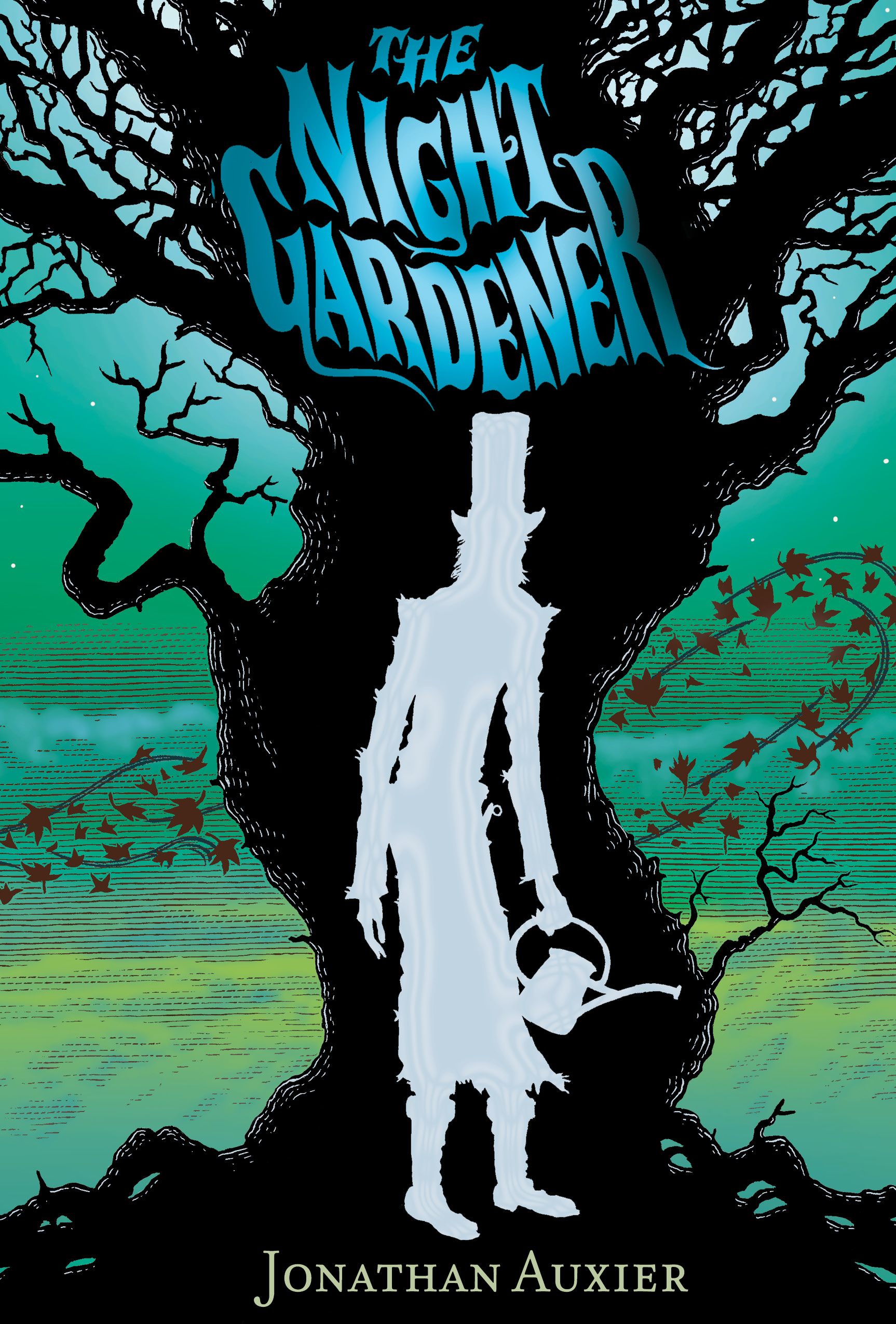School Visits, T-Shirts, and Signings -- Oh my!
/Now that the craziness of the book release has calmed down, I'll be returning to a more regular posting schedule (MWF) in which I discuss broader subjects in children's books.[1. Next week's topics will include the allure of genre mashups as well as a post about the difference between sarcasm and irony -- stay tuned]
 In the meantime, I wanted to share about my absolutely crazy week. First off, I managed to get invited to an amazing party at author Cornelia Funke's house. I got to hang out with a slew of teachers and booksellers ... as well as Newbery winning author Susan Patron.[2. Susan was delightful and very nice. She's having a signing at Skylights Books on the 18th for anyone interested in meeting her.]
In the meantime, I wanted to share about my absolutely crazy week. First off, I managed to get invited to an amazing party at author Cornelia Funke's house. I got to hang out with a slew of teachers and booksellers ... as well as Newbery winning author Susan Patron.[2. Susan was delightful and very nice. She's having a signing at Skylights Books on the 18th for anyone interested in meeting her.]
Even more awesome, this week I did my very first SCHOOL VISITS! I did four middle schools in two days -- each group was between 300-400 kids. The presentation included candy, costumes, toilet plungers, yo-yos and, of course, Peter Nimble! The whole thing culminated in a signing at Redlands Barnes & Noble. We had a huge turnout of awesome kids at the signing! Here's a picture of me doing a little lightning quick sketch-artistry to explain some of the story: 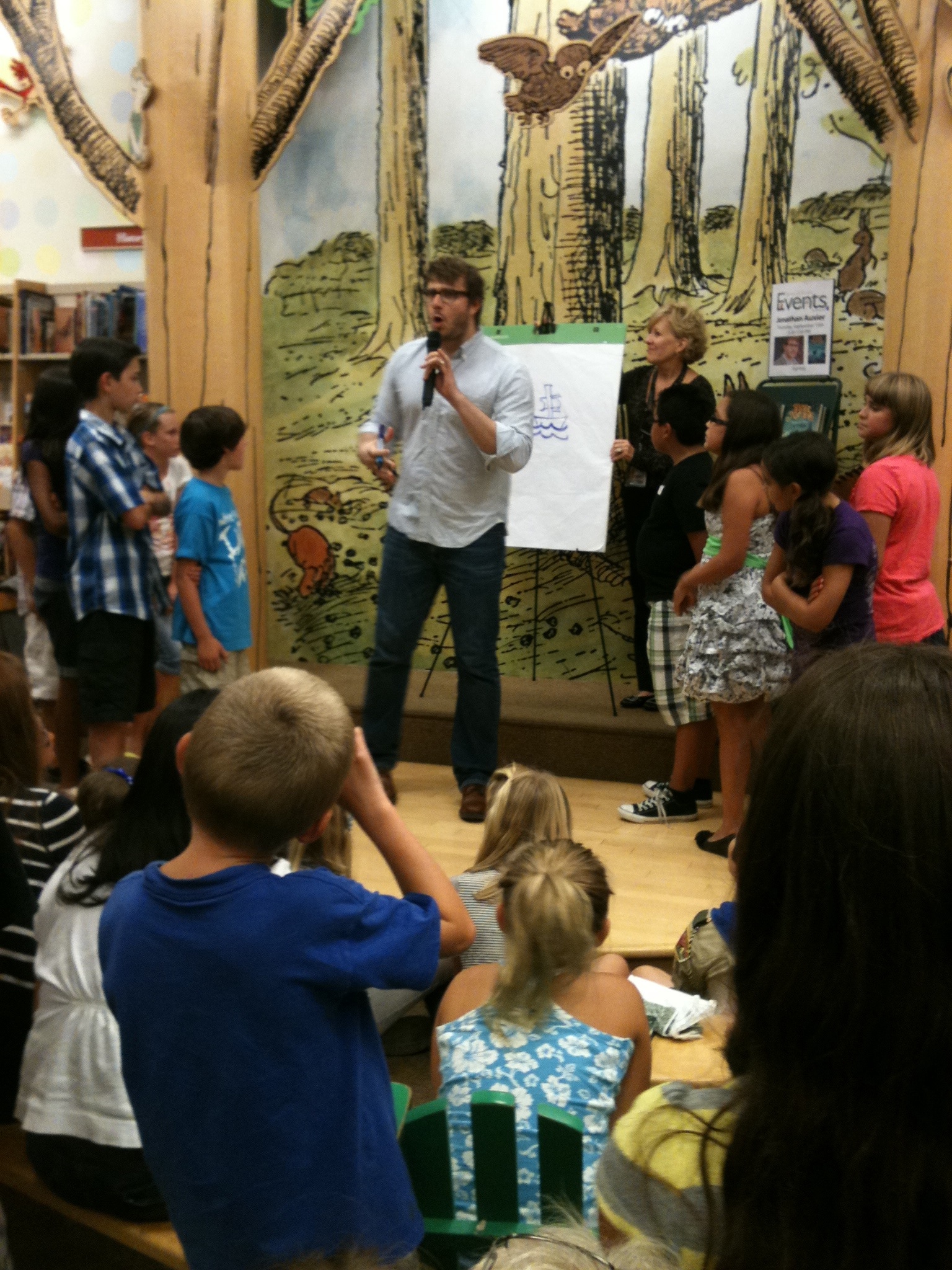
Also, check out this ridiculous photo from an article in the local paper about the event. I especially love how this photo features my many weak chins:
I owe a huge thanks to librarian Joan McCall and B&N's Laurie Aldern for organizing the event. I've got a whole slew of signings and presentations in the coming months ... check out my events tab to see the full list. Once I get a few more of these visits under my belt, I'll be writing a post with tips about what I've learned presenting to schools. Until then, consider booking me in a school or store near you!
This is as good a time as any to point my Los Angeles friends to TWO upcoming signings that I'll be doing next week:
I will be at the famous Mrs. Nelson's Books & Toys on Friday the 23rd at 5pm in conjunction with another school visit. And the following day (Sept 24), I will be at Chevalier's Books in Los Angeles from 1-3pm. The store is on Larchmont in Mid-Wilshire. For my LA friends, I urge you to please, please, PLEASE come to the Chevalier's signing. Seriously, what else are you doing at 1pm on a Saturday?
And finally, I've picked winners from the Peter Nimble t-shirt giveaway! The winners were selected from anyone who wrote a Peter Nimble review on Amazon, Goodreads, or B&N.com before August 31. Here they are:
Karissa Eckert - "A creative world, interesting plot, and wonderful characters make this a book that is fun to read and hard to put down."
Nicola Manning - "A wonderful story that quickly grabs your attention with delightful characters one becomes fond of right away."
Joceline Foley - "Peter Nimble and His Fantastic Eyes is a classic hero-on-a-quest novel, yet it manages to be anything but predictable and boring. The archetypal characters are fresh, funny, and smart."
Aislynn Thompson - "The author did a fantastic job of weaving all the various stories of each character together - from the evil kind, the lost princess, the mysterious desert with the thieves, the crows, the missing children ... all of it was woven together into a story that I couldn't put down!"
Francine Kizner - "Peter Nimble is a fun and exciting adventure story that brings a fresh voice and perspective to children's literature. It's enthralling, funny, and very entertaining."
I've contacted the winners -- congrats, gang!
 I've had a number of people ask about buying Peter Nimble t-shirts. For those interested, you can grab one for $20 (this includes shipping). The shirts are hand-printed on American Apparel 50/50 tees. Please specify size (XS, S, M, L, XL) whether you want green or blue. Click below to pay through paypal, or contact me directly to mail a check.
I've had a number of people ask about buying Peter Nimble t-shirts. For those interested, you can grab one for $20 (this includes shipping). The shirts are hand-printed on American Apparel 50/50 tees. Please specify size (XS, S, M, L, XL) whether you want green or blue. Click below to pay through paypal, or contact me directly to mail a check.

